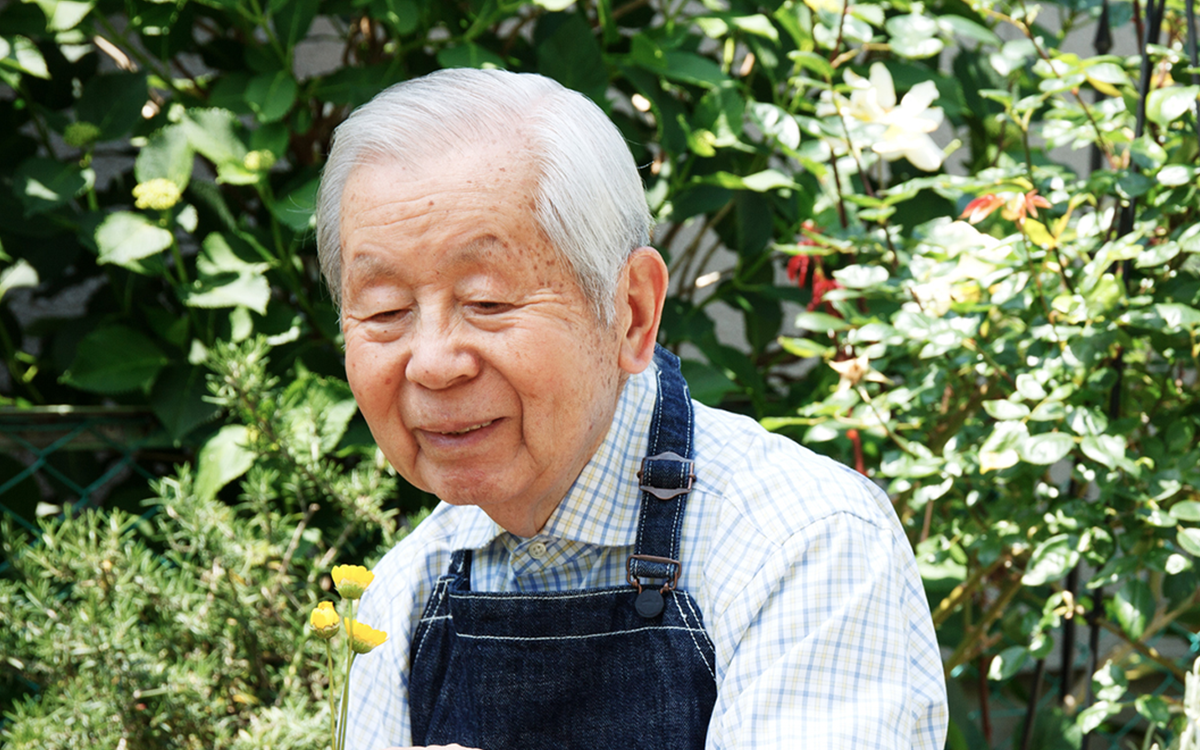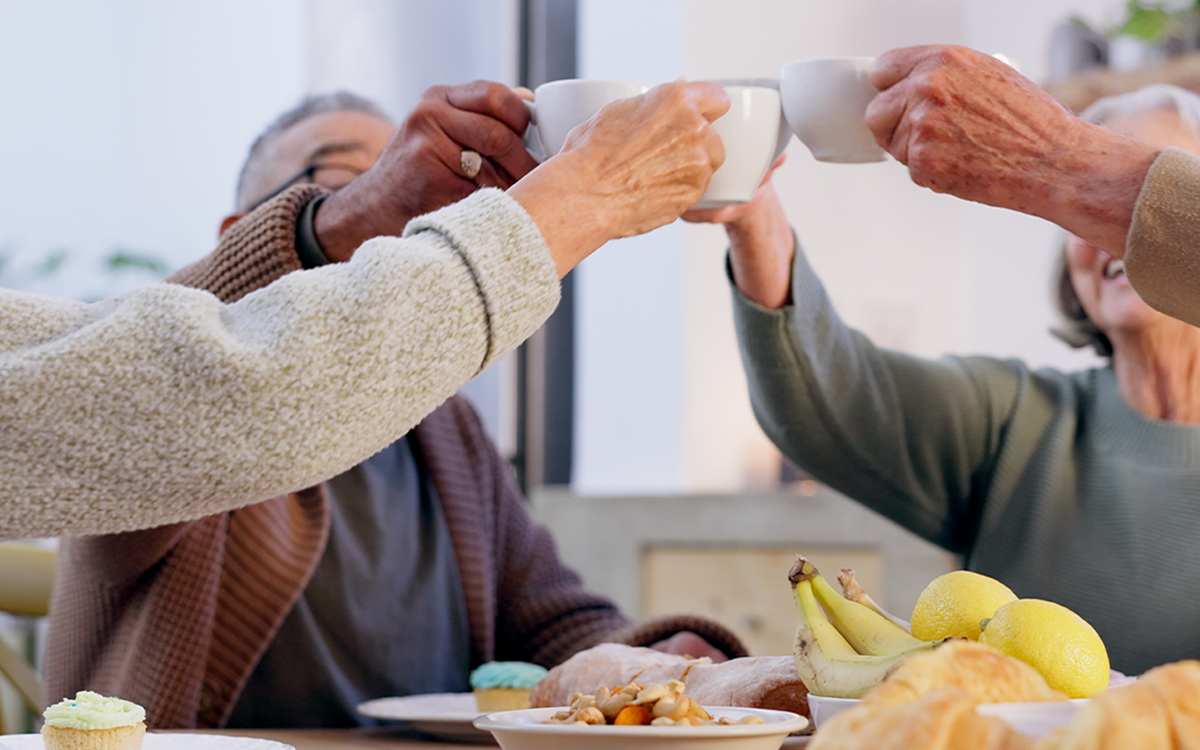Aging is unavoidable, as are some of the changes that come with it: mobility issues, health conditions, financial changes, and inevitably—a certain degree of loneliness. We spend our lives as part of a family, friendships, and a community at large through work, charity, and other commitments. Then one day, it can feel like far too suddenly, that life has evolved into one where we depend on others just a little more than we’re used to. This is where maintaining independence and autonomy becomes crucial to our overall mental health that trickles down into physical benefits.
Aging with dignity is the goal. It’s something we all strive for and can help the aging loved ones in our lives achieve by understanding that the above is true for all of us. A huge part of that is getting everyone involved on the same page when it comes to an action plan, so here are five ways you can help the senior in your life maintain their independence and autonomy.
1. FuelTheir Creativity
Creativity promotes brain engagement, teaches resourcefulness, inspires the mind and soul, and can therefore encourage new perspectives as we engage in an activity that helps us see outside the box. This process permeates every aspect of life beyond the brush, pen, musical instrument, or other creative pursuits. Just like training to run a marathon instills good, healthy habits and focus on the big picture through incremental steps, creative pursuits instill good, healthy habits through the same kind of mental exercise and big-picture thinking.
Scientifically speaking, expressive art therapyalso directly benefits memory care patients, including those living with the effects of Alzheimer’s and dementia, for a better quality of life. Music is another creative pursuit with proven benefits on the aging brain.
2. Regular Exercise
When it comes to exercise, it’s regular movement that becomes even more crucial than how much you do, daily. For more on the benefits of exercise for seniors, watch ourVlog. It’s also important to note that mental exercise is as important as physical to help the aging brain for maintained independence: From playing cards to crosswords, Sudoku, and jigsaw puzzles, mental exercise is crucial. Read about how to promote mental health awareness for seniors for tips on how to nurture this.
3. Regular Social Connection
A regular standing coffee date or weekly walk with a friend? Encourage your senior loved one to keep up these routines as long as possible. Reconnecting with old friends, or making new ones through meet-ups, attending local theater productions, joining a crib tournament, or simply implementing a regular family meal time together, is crucial to overall well-being, and a pillar of our methods at Verve Senior Living to ensure wellness in our residents through meaningful social connection
4. PracticalEngagement
By providing choice, encouraging engagement, and making your senior loved one feel like they are still an individual whose contribution matters, you are empowering them with a sense of self. Ask them to plan a meal, choose the next family movie to watch, or do other daily tasks that you feel they can accomplish safely.
Practicality also includes implementing structure and physical safety measures in the home to ensure your senior loved one’s ability to live day-to-day without injury where possible. Check out our list of bathroom safety tips here.
5. Retirement Living
Aging with dignity is the goal, as we’ve already stated. Sometimes, that means understanding that circumstances require extra support to make the best of quality of living. This can include moving your senior loved one to a retirement residence where they can be supported, cared for, and given every opportunity for Life Enrichment, the physical exercise they need, and daily social connection.
Need extra support? We’re here for you with tips on managing your parents’ care long distance, as well as ten things to know before visiting a retirement residence.




